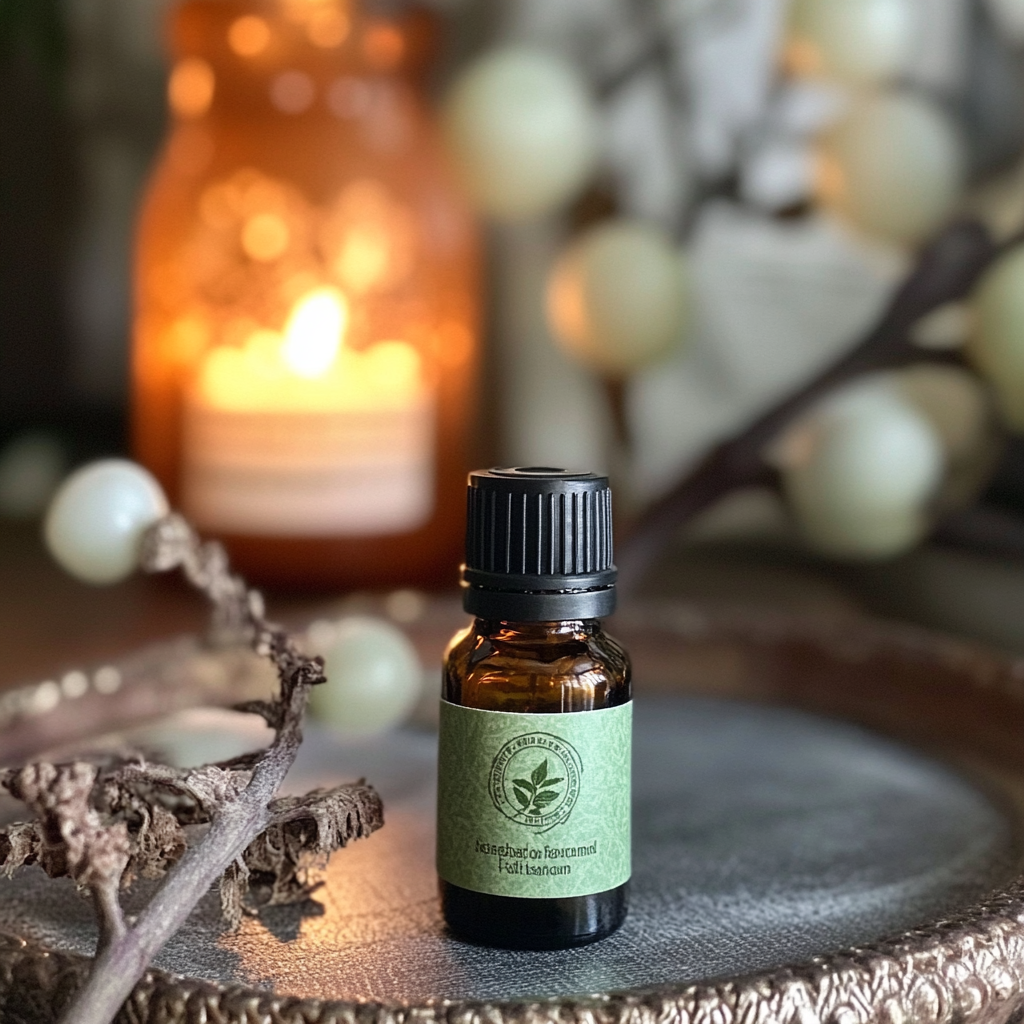Ever wondered why some homes attract more spiders than others? Spiders are often uninvited guests, weaving webs in corners and startling us when least expected. While many methods promise to keep them at bay, one simple trick might make all the difference.
Overlooking Entry Point Gaps
Small cracks and gaps around doors and windows often go unnoticed. These tiny openings are like open invitations for spiders to wander inside. Many people neglect sealing these entry points, allowing pests easy access.
Using a high-quality sealant can effectively block these gaps. For instance, applying weatherstripping around doors and windows creates a tight seal. This simple step can significantly reduce the number of spiders entering the home.
Regularly inspecting the home’s exterior for new cracks is also essential. Foundations and walls can develop gaps over time, especially in older buildings. Promptly repairing these can prevent unwanted guests from sneaking in. What if sealing a tiny crack could prevent an entire spider family from moving in?
Ignoring Outdoor Lighting Attractants

Bright outdoor lights can inadvertently invite insects, which in turn attract spiders looking for a meal. Many homeowners leave exterior lights on overnight, unaware of the bustling ecosystem they’ve created. Spiders set up webs near these lights to catch the abundant prey.
Switching to motion-activated lights or using yellow sodium vapor bulbs can reduce insect attraction. These bulbs emit light at wavelengths less appealing to insects, thereby decreasing the food source for spiders. This simple change can make a significant difference.
Alternatively, keeping outdoor lights off when not needed minimizes insect activity around the home. With fewer insects congregating, spiders are less likely to linger near entry points.
Neglecting Regular Cleaning Routines
Dusty corners and cluttered spaces provide ideal hiding spots for spiders. When cleaning routines lapse, these areas become comfortable habitats for them to settle. Over time, unnoticed webs can accumulate, leading to a larger spider presence.
Frequent vacuuming and dusting disrupt spider habitats and remove their webs. Paying attention to seldom-used rooms, basements, and attics is particularly important. A clean environment is less inviting to spiders and their prey.
Organizing storage areas reduces clutter where spiders might hide. Using sealed plastic containers instead of cardboard boxes can also deter them, as they find fewer nooks to inhabit. Could a dusty corner be an open invitation to spiders?
Overlooking Moisture Problems

Spiders are drawn to damp environments where insects thrive. Ignoring leaks or areas with high humidity can create attractive habitats for them. Basements, bathrooms, and kitchens are common spots where moisture accumulates.
Fixing leaking pipes and ensuring proper ventilation reduces humidity levels. Installing a dehumidifier in particularly damp areas can help maintain a dry environment. This not only deters spiders but also prevents mold and mildew growth.
Regularly checking for signs of water damage or condensation can catch issues early. Addressing moisture problems promptly makes the home less appealing to spiders and other pests.
Neglecting Outdoor Maintenance
Overgrown plants and piled debris near the home’s exterior provide perfect shelters for spiders. When vegetation touches the house, it offers a direct pathway inside. Many homeowners forget to trim back bushes and clear away clutter, inadvertently inviting spiders closer.
Regularly trimming shrubs and keeping tree branches away from the house can minimize this risk. Removing woodpiles and leaf litter from the perimeter reduces hiding spots. A clear zone around the home acts as a barrier against spiders seeking entry.
Using gravel or stone instead of mulch next to the foundation can also deter pests. These materials are less hospitable to insects and spiders, further reducing the likelihood of them approaching the house.
Avoiding Natural Repellents

Many people overlook the effectiveness of natural spider repellents. Essential oils like peppermint, citrus, and lavender are known to deter spiders due to their strong scents. Avoiding these simple solutions means missing out on an easy way to keep spiders at bay.
Creating a homemade spray by mixing a few drops of peppermint oil with water can be a safe and natural repellent. Spraying this mixture around windows, doors, and other entry points can discourage spiders from entering.
Planting spider-repelling herbs like lavender and eucalyptus near the home’s entrance can also help. These plants not only beautify the garden but also act as a natural barrier against spiders.
Failing to Eliminate Other Pests
Spiders are often attracted to homes with abundant insect populations. Ignoring infestations of flies, mosquitoes, or ants provides a steady food source for spiders. Without addressing these underlying pest issues, efforts to deter spiders may be less effective.
Implementing general pest control measures can reduce the overall insect population. Using screens on windows and doors, keeping food sealed, and promptly cleaning spills can help minimize insects inside the home.
By reducing the availability of prey, spiders have less incentive to stick around. A comprehensive approach to pest control can make the home less attractive to a variety of unwanted critters.
Using Harsh Chemicals Unnecessarily
Some resort to strong pesticides to eliminate spiders, but this can have unintended consequences. Harsh chemicals may pose risks to pets, children, and beneficial insects. Overreliance on these solutions can also lead to environmental concerns.
Exploring eco-friendly alternatives can be equally effective without the drawbacks. Natural repellents and physical barriers often suffice in keeping spiders out. Reserving chemical treatments for severe infestations ensures a safer home environment.
Understanding the role spiders play in controlling other pests might also shift perspectives. Not all spiders are harmful, and some can be allies in maintaining a balanced ecosystem.
Not Consulting Professionals When Needed
Persistent spider problems may require expert intervention. Hesitating to contact professional pest control services can prolong the issue. Professionals have the tools and knowledge to address infestations effectively.
Companies like Miss Muffet’s Revenge Spider Killer offer products that can help tackle severe cases. However, professional assessment ensures that the right approach is taken for the specific situation.
Early consultation can prevent small problems from becoming larger infestations. Investing in expert help can save time and provide peace of mind.
Assuming All Spiders Are Dangerous
Many people fear spiders, but not all are harmful. Misidentifying harmless species can lead to unnecessary eradication efforts. Understanding the types of spiders commonly found in homes can help in managing them appropriately.
Educating oneself about local spider species can alleviate unfounded fears. For example, cellar spiders pose little threat and can even help control other pests. Recognizing beneficial species allows for more targeted and humane pest management.
In regions where dangerous spiders like the brown recluse are present, proper identification is crucial. If in doubt, consulting a professional can ensure safety while respecting the ecological role of spiders.
By addressing these common oversights, maintaining a spider-free home becomes achievable. Simple changes and mindful practices can make a significant difference. Embracing natural solutions and proactive maintenance keeps spiders at bay while fostering a comfortable living environment.
